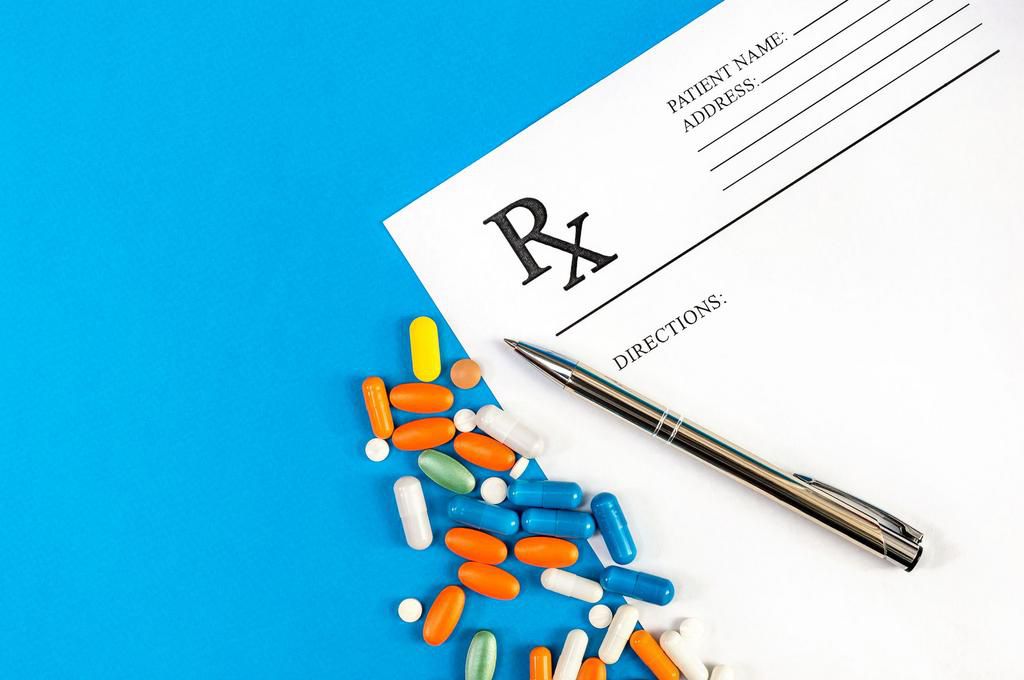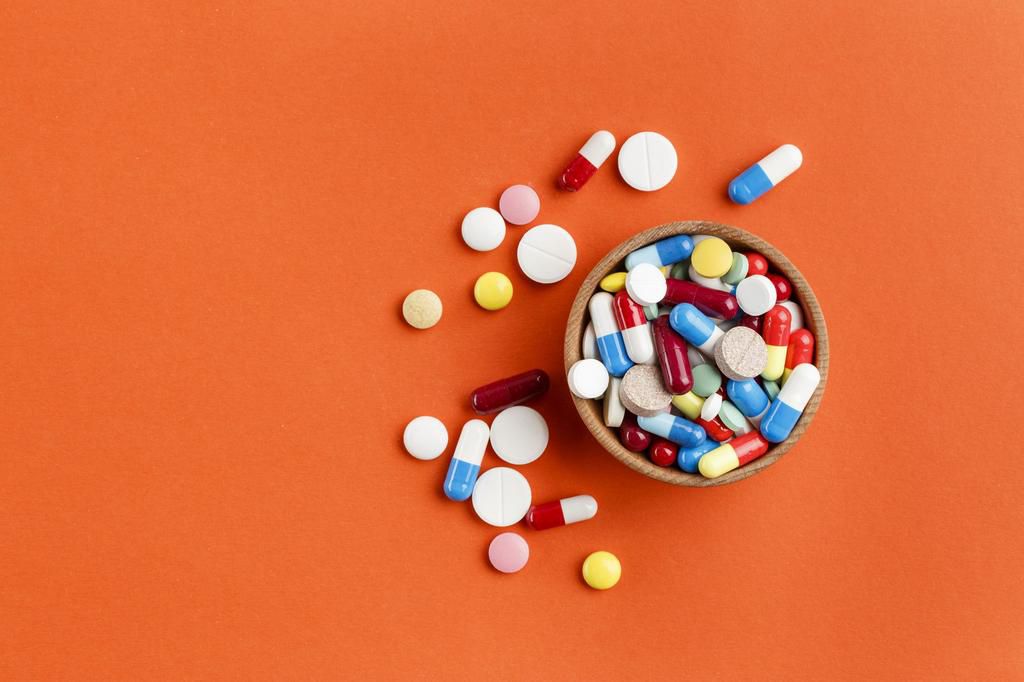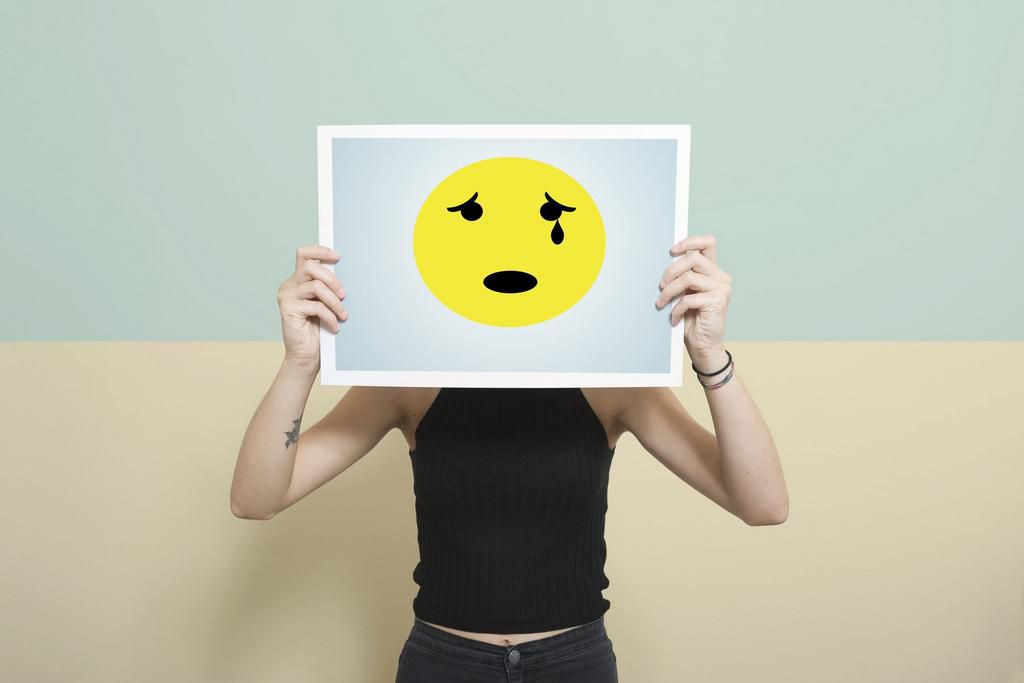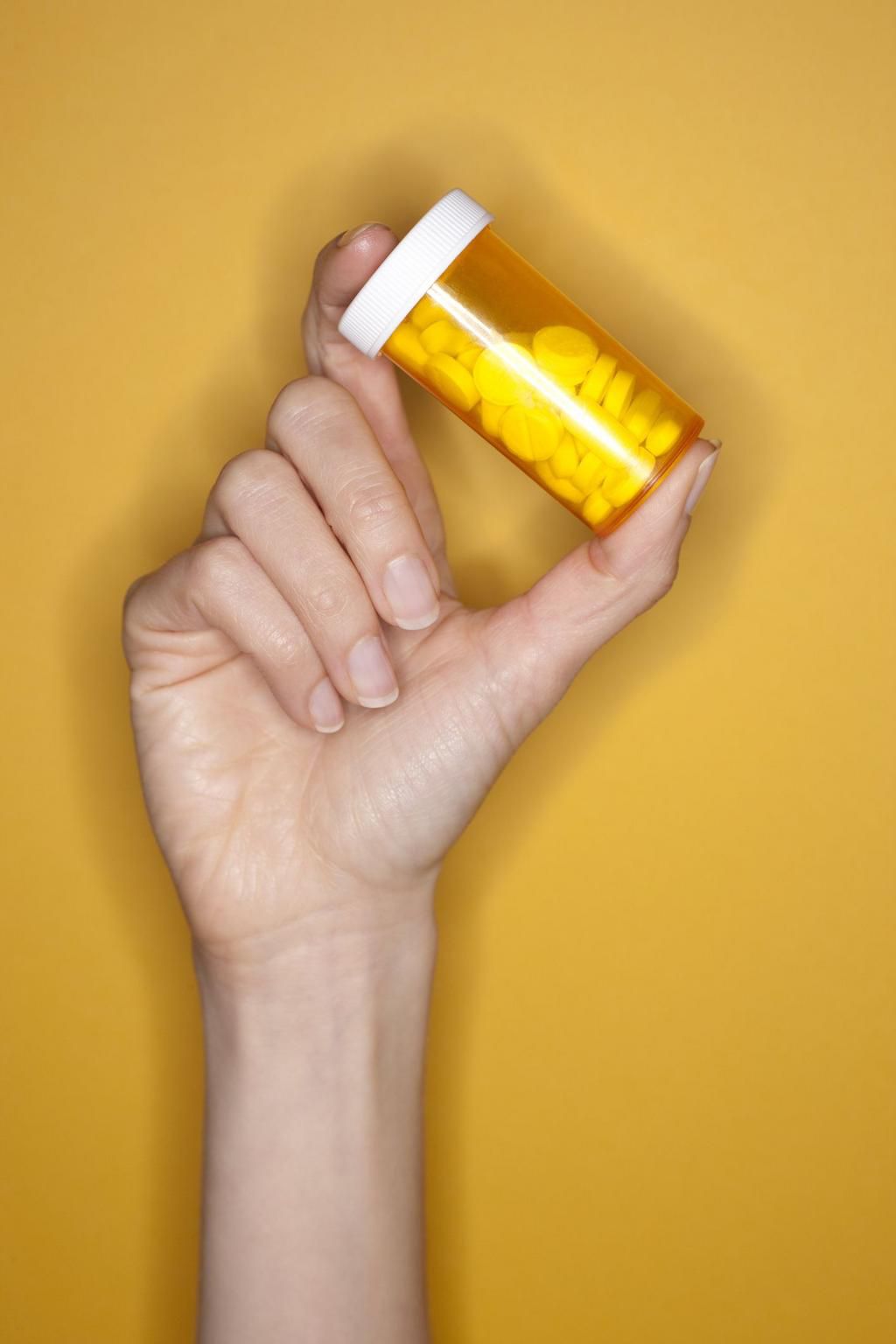Feel Like Your Antidepressants Stopped Working? Here’s What Could Be Happening.
)
Any number of psychological, social, cognitive or physiological issues could be to blame, says Robert Hedaya, MD, a clinical professor of psychiatry at Georgetown University School of Medicine and founder of the . (Yes, even things that seem unrelated to your mental health are related to your mental health.) There's also a very real possibly something's gone awry with your antidepressants.
Think that's what might be going on with you? Read on to find out what might be causing your meds to come up short, and then be sure to meet with your doctor so she can adjust your treatment plan.
1. Your medication was altered on the DL.

Sometimes pharmacies change a medication because of insurance factors, says Dr. Michelle Riba, a clinical professor of psychiatry at the University of Michigan Comprehensive Depression Center. A higher dose may be cheaper, or they may change from a pill to a capsule or something like that.
In these cases, its possible youre taking more or less of your medication without realizing it, which could explain why your symptoms are different or worse than before, Dr. Riba says.
2. Something else is up health-wise.

A number of medical issues-from infections to inflammatory conditions-can affect how you feel and how well your antidepressants work, Dr. Hedaya says. Ask your doctor to evaluate you for these and other issues to see if they might be to blame.
3. You started taking other meds or supplements.

Prescription drugs and OTC supplements can interfere with the way your antidepressants work, Dr. Riba says. Another medication or substance may take over the receptor or decrease the concentration of medication youre taking for depression, she explains.
When you see your MD, see if he thinks anything you've started taking could be interfering with your meds.
4. Your sleep schedule is messing with your pills.

Poor sleep can interfere with your antidepressants, Dr. Riba says. If youve had problems sleeping lately-maybe you just cant seem to fall asleep, or youre sleeping more than you used to-that could mess with your antidepressants effectiveness. So could taking something like melatonin or another supplement to address any sleep issues.
5. Your substance use has changed.

Someone may go back to smoking or may be smoking more, which has an impact on how antidepressants work, Dr. Riba says. Alcohol or other substance use-including marijuana-could also induce depression in some people.
If youve recently started drinking, smoking, or using other substances-or you changed your patterns of use-this could explain why your antidepressants dont seem to be working.
6. Your depression has become more severe.

As time goes on, depression symptoms can become worse. As a result, the same dosage or type of medication that worked for you in the past might not cut it anymore .
Ask your doctor if trying a new medication or dose might help to ease your symptoms.
7. You might be dealing with tachyphylaxis.

Tachyphylaxis might sound like a horribly scary disease, but it's actually the medical term for a medication that has simply lost its effectiveness. Believe it or not, this happens pretty regularly with antidepressants.
If your doctor thinks this is what's going on, there are a number of alternative treatments he or she might suggest . Def make an appointment to chat through what options are best for you.

)
)
)
)
)
)